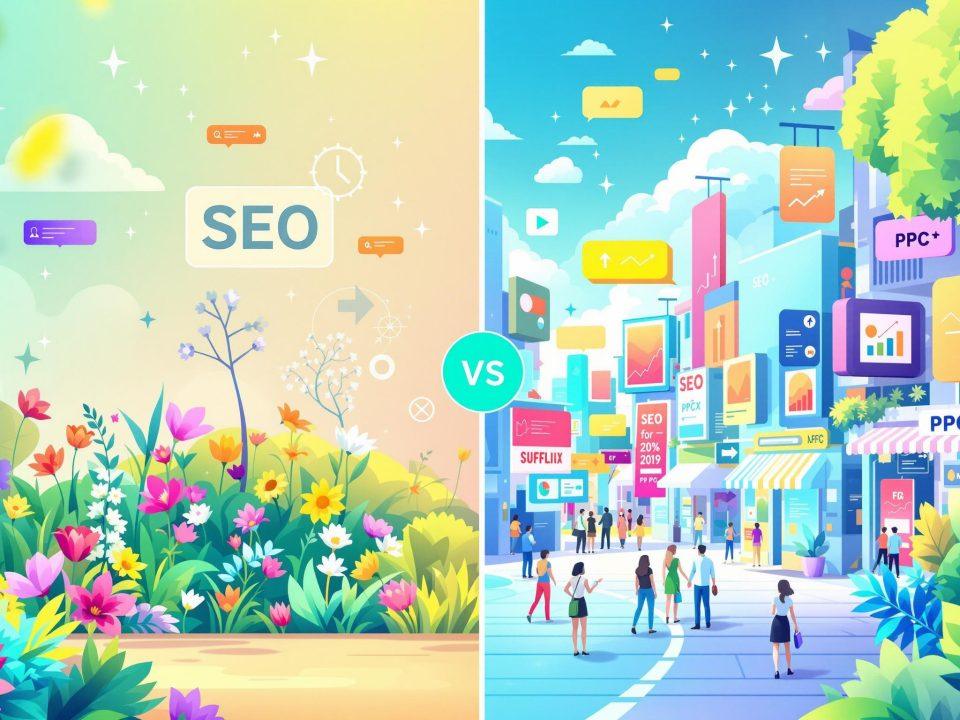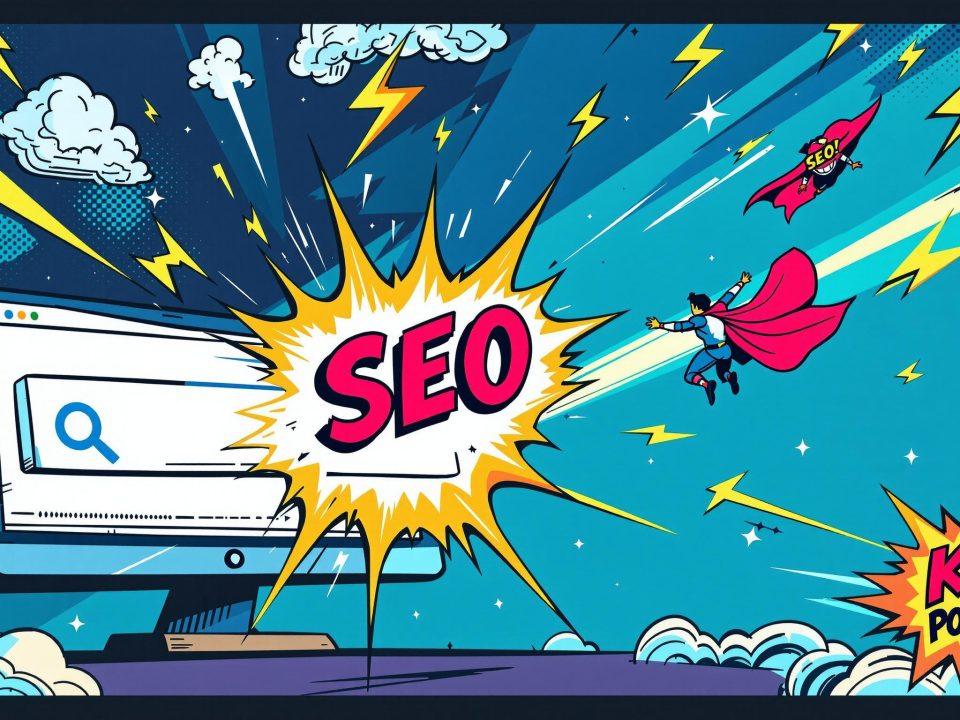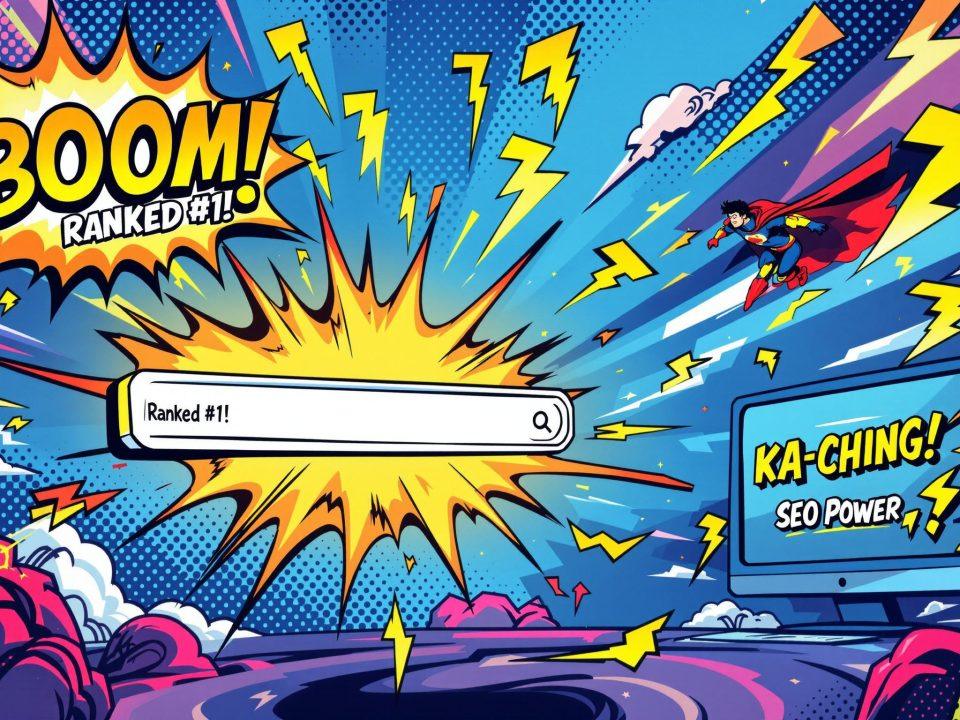SEO has been declared dead more times than we can count. Yet here we are in 2024, still talking about it. Is SEO dead? Not by a long shot. But it’s evolving faster than ever before.
I’ve worked in SEO for over a decade. I’ve seen algorithm updates come and go, watched tactics rise and fall, and weathered more than a few storms. Through it all, one thing has remained constant: the power of organic search to drive Google traffic and real business results.
But the SEO landscape today is dramatically different from even just a few years ago. We’re navigating increasingly dramatic updates to the Google search algorithm, seeing the proliferation of generative AI, and even witnessing AI-powered search results via Google’s Search Generative Experience (SGE).
These changes have left many wondering if SEO still matters. Let me assure you, it absolutely does. But the strategies that worked in the past won’t cut it anymore. We need a new playbook for this new era of search.
Why SEO Is Still Alive and Kicking in 2024
Before we dive into how SEO is changing, let’s look at some hard data that proves SEO is far from dead:
- Google processes over 6.3 million searches per minute. That’s a staggering 9.72 billion searches every single day.
- Over 50% of all internet traffic is still generated by organic search.
- 31% of shoppers use search engines to research their next purchase – higher than social media (28%) or retailer websites (18%).
- 59% of all website traffic now comes from mobile devices, making mobile SEO more critical than ever.
These numbers paint a clear picture: search is still the primary way people searching online find information and make purchasing decisions online. As long as that remains true, SEO will continue to be a vital marketing channel.
The New Realities of SEO in 2024
While SEO isn’t dead, it has undergone some major shifts. Here are the key changes shaping the field today:
1. AI-Powered Search Results
Google’s Search Generative Experience (SGE) is changing the game. Instead of just links, searchers now often see AI-generated summaries and answers right in the search results. This means fewer clicks to websites for some queries.
But don’t panic. SGE also creates new opportunities. The AI pulls information from various sources, so having high-quality, authoritative content is more important than ever. It’s not about tricking the algorithm anymore – it’s about truly being the best answer to a searcher’s query.
2. User Intent is Everything
Google has gotten scarily good at understanding user intent. It’s not enough to just target keywords anymore. You need to deeply understand the intent behind those searches and create content that truly satisfies that intent.
This means more in-depth, comprehensive content that covers all angles of a topic. It also means tailoring your content format to match what’s currently ranking. If the top results for your target keyword are all how-to guides, you probably won’t rank well with a news article.
3. E-E-A-T is the New E-A-T
Google has always emphasized Expertise, Authoritativeness, and Trustworthiness (E-A-T) in its rankings. But now they’ve added a new “E” to the mix: Experience.
This means it’s not enough to just be knowledgeable about a topic. Google wants to see content from people with firsthand experience. For example, a review from someone who’s actually used a product will likely outrank a generic comparison article.
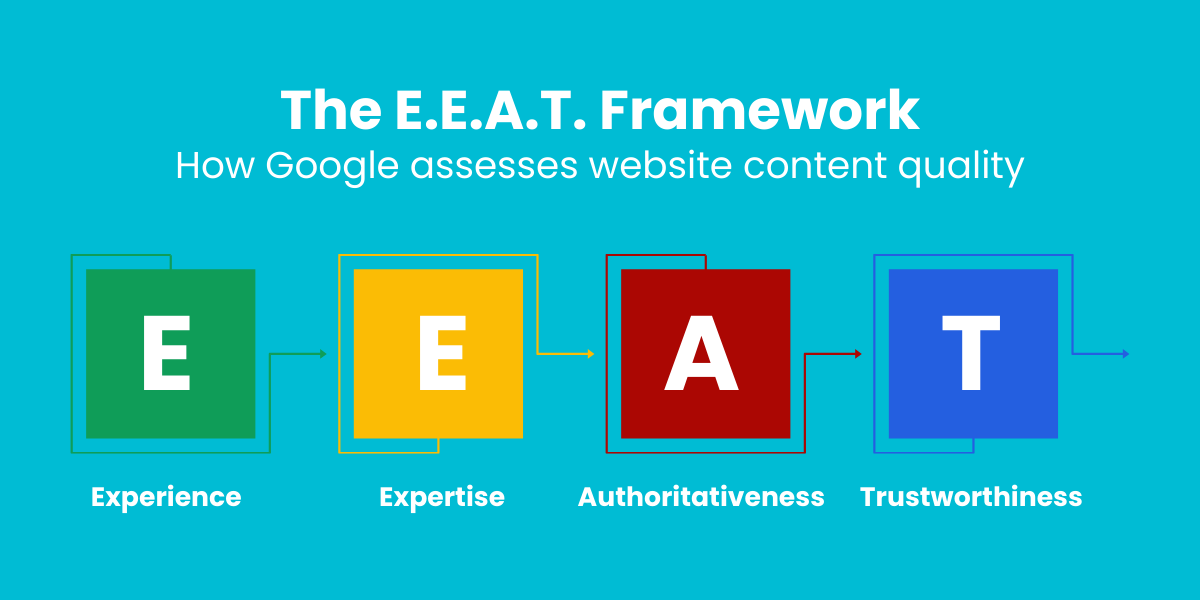
4. Technical SEO is More Complex
With the rise of mobile-first indexing, Core Web Vitals, and an ever-increasing number of SERP features, the technical side of SEO has gotten a lot more complicated. Page speed, mobile responsiveness, structured data, and security are no longer “nice-to-haves” – they’re essential for ranking well. Neglect these technical factors at your own peril.
New SEO Strategies for 2024
So how do we adapt to this new SEO landscape? Here’s our updated playbook for dominating search in 2024 and beyond:
1. Focus on Topical Authority
Instead of chasing individual keywords, aim to become the go-to resource for entire topics. Create comprehensive “hub” pages or pillar pages that cover a subject in-depth, then link out to more specific blog posts that dive deeper into subtopics.
This approach to your content marketing not only satisfies user intent better but also builds the kind of authoritative link structure that Google loves. By creating SEO content that thoroughly covers various aspects of your niche, you increase organic visibility and establish your site as a trustworthy resource. This strategy aligns well with the concept of understanding user intent, as you aim to provide valuable and comprehensive information that users are seeking.
2. Prioritize User Experience
With Core Web Vitals now a ranking factor, user experience is more important than ever. Focus on creating fast-loading, easy-to-navigate sites that look great on mobile devices.
But don’t stop at the technical stuff. Think about the overall experience of consuming your content. Use clear headings, break up text with images and videos, make your content easy to skim, and avoid keyword stuffing. Remember, a positive user experience can lead to longer dwell times, lower bounce rates, and ultimately, improved rankings.
3. Create Content for Featured Snippets
Featured snippets now appear in over 12% of search results, according to a study by Ahrefs. These “position zero” results can drive significant traffic, even if you’re not the #1 organic result.
To target featured snippets, structure your content to directly answer common questions in your niche. Use clear, concise language and format your answers in a way that’s easy for Google to extract.
4. Build Your E-E-A-T Signals
With Experience now part of Google’s quality evaluations, it’s crucial to showcase your firsthand knowledge. Some ways to do this:
- Include author bios that highlight relevant experience.
- Use personal anecdotes and case studies in your content.
- Show “proof of work” with portfolios, client testimonials, etc.
- Engage with your community through comments and social media.
5. Embrace AI (But Don’t Rely on It)
AI tools can be incredibly helpful for research, content ideation, and even first drafts. But don’t fall into the trap of publishing AI-generated content without heavy editing and human oversight.
Remember, Google and other search engines are getting better at detecting AI content. Your goal should be to use AI to enhance your human-created content, not replace it entirely.
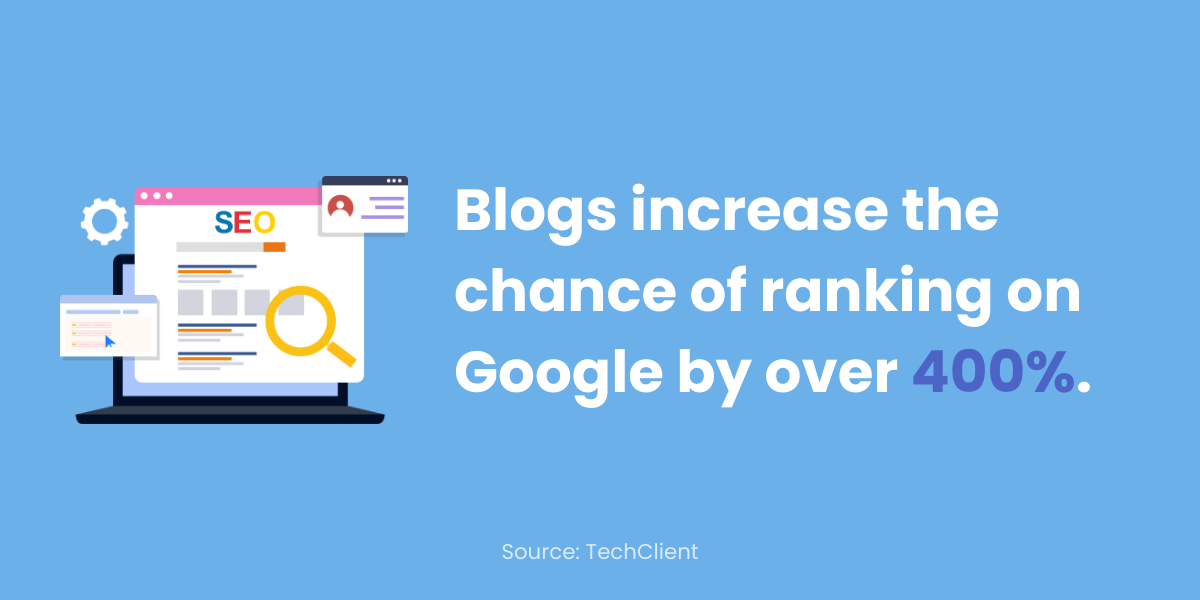
FAQs Related to Is SEO Dead?
Is SEO dead in 2024?
No, SEO is not dead in 2024. While the landscape is changing, search engines remain a primary way people find information online. SEO is evolving to focus more on user experience, comprehensive content, and demonstrating real expertise.
Is SEO dead after AI?
SEO is not dead after AI. In fact, AI has created new opportunities in SEO. While AI-generated content is becoming more common, there’s still a strong need for human expertise in strategy, editing, and creating truly unique, valuable content that stands out from AI-generated material.
Will SEO become obsolete?
SEO is unlikely to become obsolete as long as search engines remain a primary way people find information online. However, SEO practices will continue to evolve alongside changes in search technology and user behavior.
Is SEO still in demand?
Yes, SEO is still very much in demand. According to data from Artios, SEO job searches have increased substantially from 101,400 in 2020 to a forecasted 212,938 in 2024. Additionally, The U.S. Bureau of Labor Statistics predicts a 22% increase in demand for SEO professionals between 2020 and 2030. This trend suggests companies are increasingly recognizing the value of in-house SEO expertise.
Conclusion
Is SEO dead? Far from it. But it is changing, and those who adapt will thrive while others get left behind. The core principles of SEO remain the same: create valuable content that serves user needs, build a technically sound website, and establish your authority in your niche. But the tactics we use to achieve these goals are evolving rapidly.
In 2024 and beyond, successful SEO will require a holistic approach that combines technical expertise, high-quality content creation, and a deep understanding of user intent and experience. It’s not about gaming the algorithm anymore – it’s about truly being the best result for your target queries.
The future of SEO is bright for those willing to put in the work. Are you ready to level up your SEO game?



